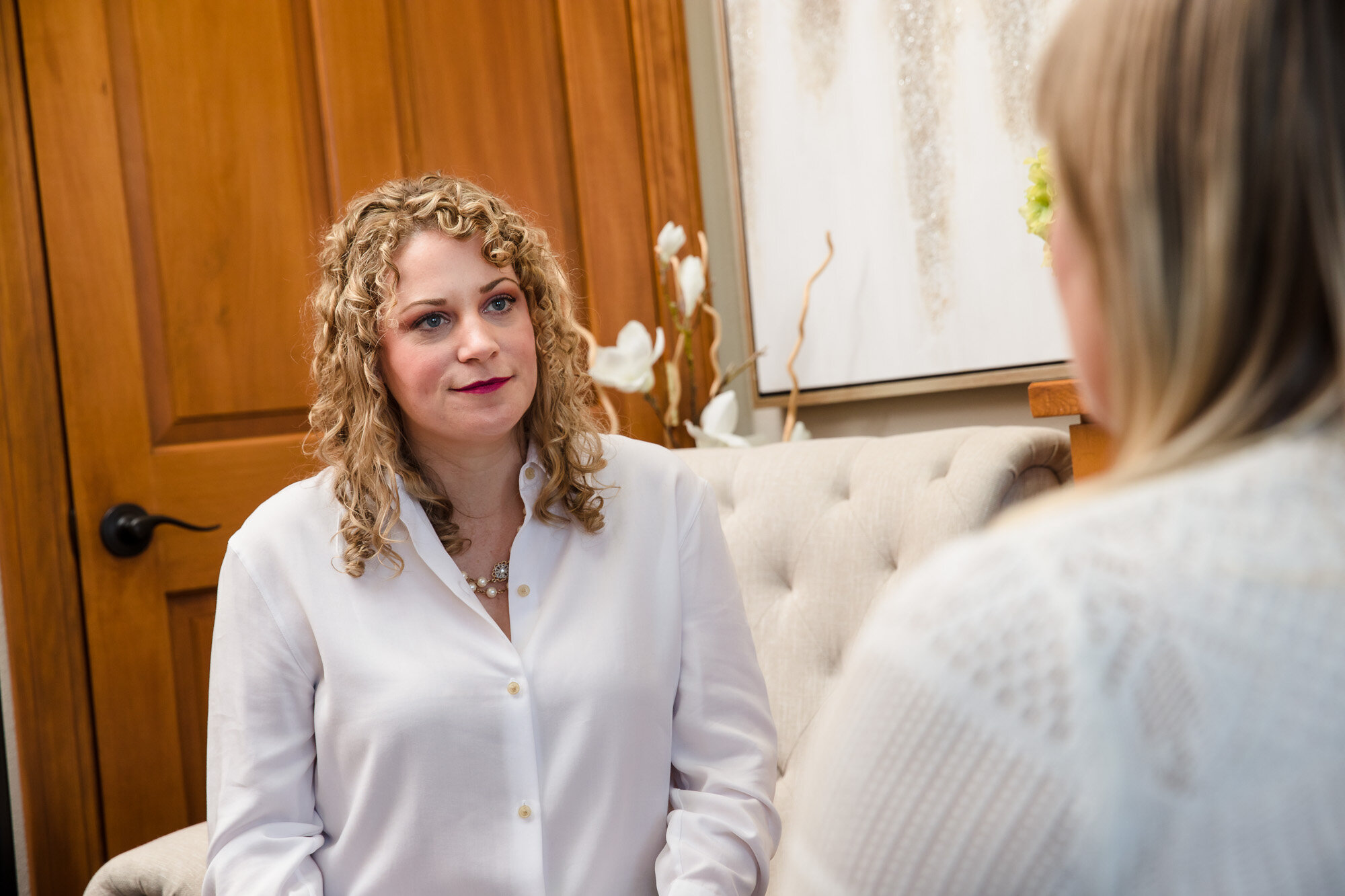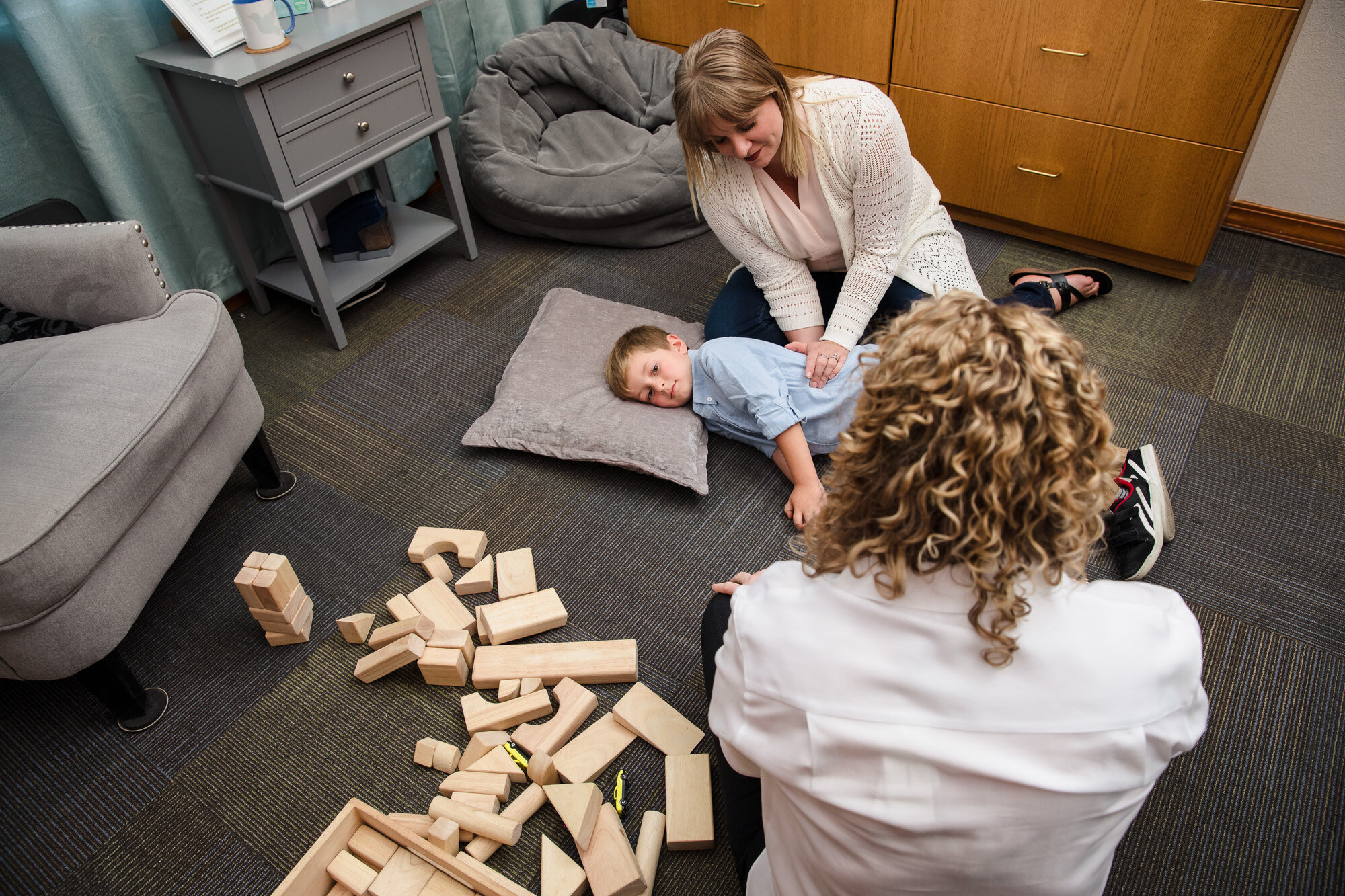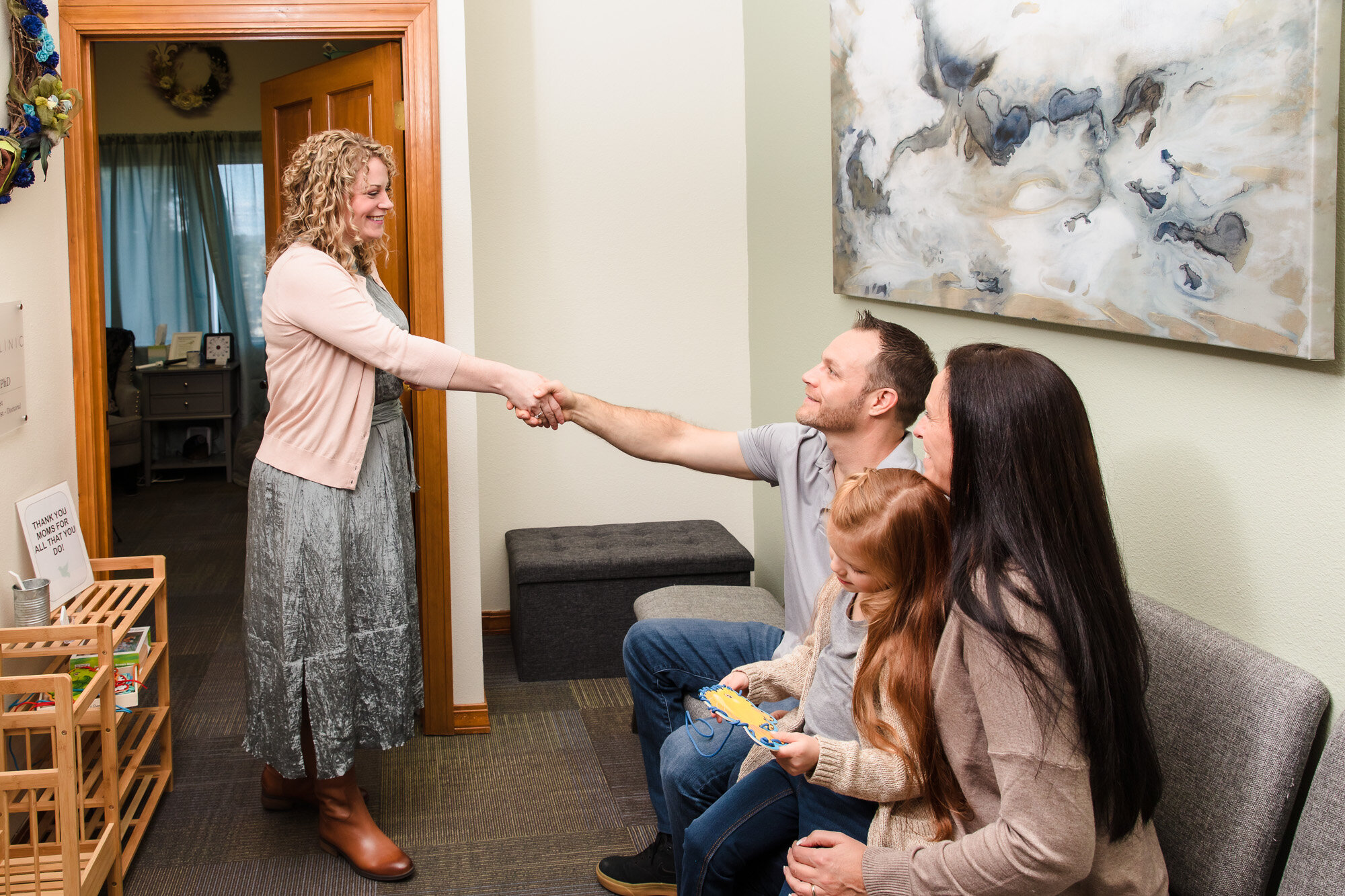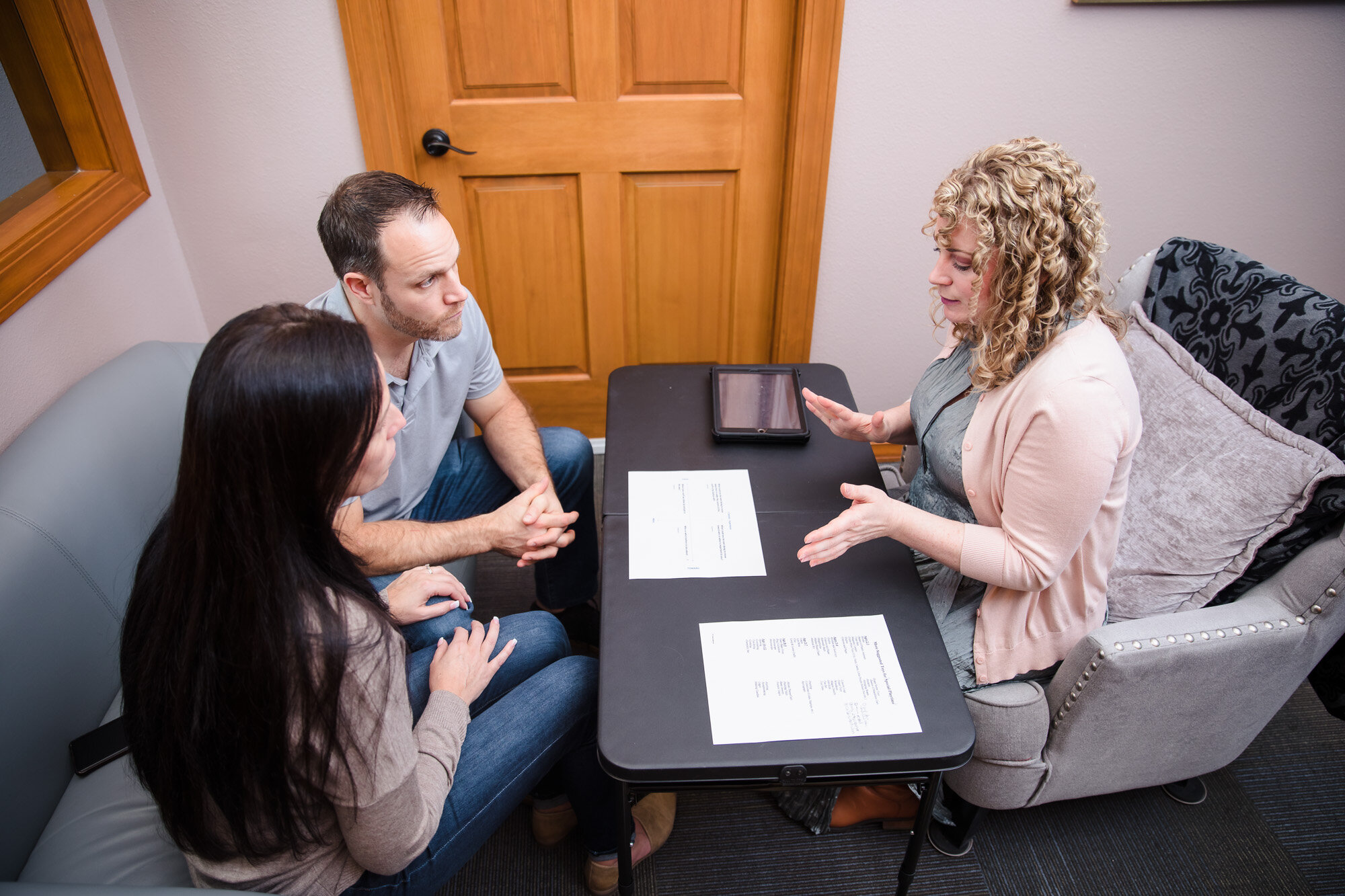It's finally summer!! The stress of homeschooling is over. The governor in Washington just announced that schools will be taking students in for a physical open in the fall. Ahhhh!!!
You deserve a break! You've worked hard doing multiple jobs for 3 months straight. Go ahead and plan that getaway!!
Today's learning topic is for when you come back rejuvenated from break and the kids are settling into their summer routine. Just before they start in with the "I'm bored" statements. Today's topic is about reducing kid frustration and increasing their cooperativeness through environmental arrangement.
Specifically, environmental arrangement is a psychologist's way of saying organizing the home and their schedule to maximize good behavior.
This is a strategy that I often teach parents because 1) it's preventive, 2) once you've ingrained the idea of environmental arrangement in your head, it's effortless, and 3) it allows your child to develop independence in their day and ownership of many adaptive skills, 4) because #3 is happening you save time and frustration.
Regardless if you want your child to be more independent and quicker with a morning routine or you want siblings to increase kind collaboration, this topic is for you. I give these as examples, but you'll want to really think about what times or in what spaces of your life could your child use a booster. And, if they got that booster this summer, what would it mean for them this fall? What would it mean for you or other family members?
I bet you can identify a couple of times (morning routine, bath time, dinner) or spaces (living room, homework area, bedroom) that, with intentional rejuvenation, would create calm and help your child feel more successful.
I choose to go over these strategies during the summer because it tends to be a less stressful time for families. Mistakes aren't taken so seriously. Parents can focus on learning and praising their kids, rather than the outcomes (being on time, getting homework done before dinner, etc.). This relationship focus will help motivate your child to continue to build the executive functions and master routines.
The video goes into detail about ways you might consider supporting your child in this pursuit. Have fun!! Look for the growth!
Happy Summer!!
Dr. Blevins






